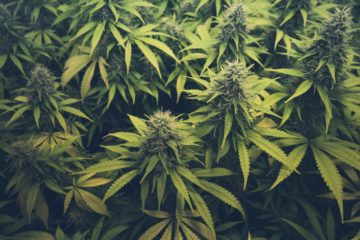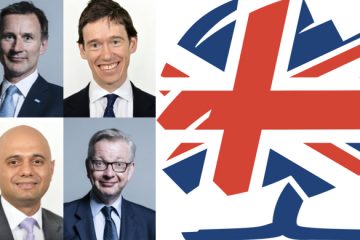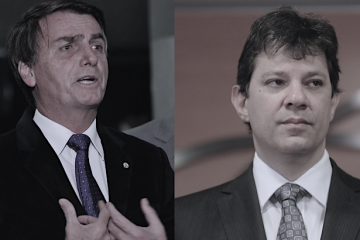
OxPol Blogcast Episode 3: Drug Legalisation Referendums
Welcome to the OxPol Blogcast, a podcast where we will be sharing research, analysis, and experiences from members of the University of Oxford’s Department of Politics and International Relations. On each, episode we will talk to a guest about a piece they’ve written for the OxPol Blog. Then, we’ll discuss their larger research agenda, their insights on conducting political science, and their time at Oxford. On the 3rd episode of the OxPol BlogCast, host Chase Harrison talks to recent DPhil graduate Jonas von Hoffman about the results of recent drug legalisation referendums in the United States. We compare those to legalisation movements across the Americas before chatting about his experience studying a more taboo topic in academia.

Marijuana Legalization by Blunt Force: A Decade of US Policymaking through Ballot Initiatives
Election day 2020 was another big moment for drug policy reform in the US as voters across diverse states rejected the status quo and endorsed liberalizing drug laws. Arizona, Montana, New Jersey and South Dakota legalized marijuana for recreational purposes as the news proclaimed voters had “just said no to America’s war on drugs,” calling it “a banner year for drug decriminalization.” That election day brought significant wins for drug policy reform is not new. Beginning in 2012 with Colorado and Washington state, 13 out of the 15 states that have legalized recreational cannabis thus far have done so through ballot measures.[1] In 2014, Alaska and Oregon followed suit along with Nevada, Massachusetts, Maine and California in 2016 and Michigan …

Lacking Substance: Drugs and the Tory Leadership Contest
Revelations about Michael Gove’s past cocaine use have redefined the Tory leadership contest. Despite the ongoing Brexit process, growing economic uncertainty, and the Conservative’s historic defeat in the recent European elections, the debate has been dominated by illegal drug use. Seven of the ten candidates have admitted taking cannabis, cocaine, and even opium – though frontrunner Boris Johnson has stayed conspicuously quiet in the light of past statements. Even Theresa May has faced questions about her history with drugs. The problem is not that politicians are talking about drugs, but what they are talking about. Drugs are an important issue, and any future Prime Minister should have a thought-out, evidence-based and proactive stance on drugs – including on issues like …

Brazilians’ other choice: the future direction of drug policy
On October 8th, Brazilians went to the polls to vote for a new President amid economic woes, an all-encompassing seeming corruption scandal, and, a deteriorating security situation. With the most popular candidate, former President Ignacio “Lula” da Silva, banned from appearing on the ballot due to a conviction earlier this year, and, incumbent President Michel Temer deeply disliked, controversial right-wing candidate Jair Bolsonaro became the odds-on favourite. Outperforming predictions, Bolsonaro received 46% of the votes. However, because he fell short of securing the outright majority of votes, he will face the runner-up, Fernando Haddad, who received 29% of the votes, in the second round of the elections on October 28th. While much has been written about Bolsonaro’s affinity to and …









